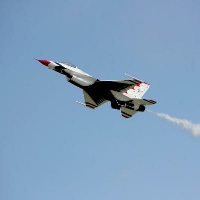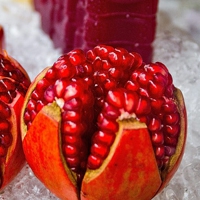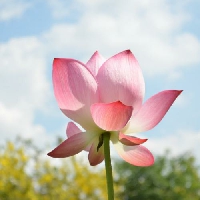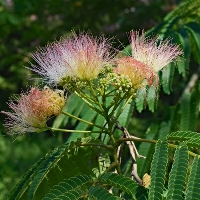The major code of classical philology is 050105
Courses offered in classical philology
Chinese classical philology, bibliography, edition, collation, philology, phonology, exegesis, use of reference books for liberal arts, introduction to unearthed literature, introduction to ancient culture, history of ancient philology, ancient Chinese, history of ancient Chinese literature, etc.
Professional use of classical philology
Classical philology mainly studies the collation of ancient books and the basic theory and knowledge of Chinese classical philology, involving the research, textual research, compilation, translation and modern communication of ancient Chinese literature and books, and mostly conducts the identification, collation and annotation of Chinese ancient books in libraries, publishing houses and cultural units. Common Chinese classical documents include: The Book of Changes, The Book of Songs, The Analects of Confucius, Shuowen Jiezi, The Book of Rites, The Historical Records, Zizhi Tongjian, etc. Key words: Historical Records, Analects of Confucius, Book of Songs of Zhou Yi
Classical philology course
Chinese Classical Philology, Bibliography, Edition, Collation, Philology, Phonology, Exegetics, Introduction to Unearthed Documents, Introduction to Ancient Culture, History of Ancient Philology
Professional explanation of classical philology
Training objectives: This major aims to cultivate students who have a solid foundation in Chinese language and literature and good cultural and historical cultivation, master the basic knowledge and theory of ancient book collation and classical philology, have a strong ability in classical document collation and research, and can engage in literature, history Applied talents in Chinese language and literature related to the use of Chinese language and literature.
Training requirements: students of this major mainly study the basic knowledge of ancient book sorting and Chinese classical philology, receive systematic education and basic training of professional ability in relevant theories, development history, research status, etc., and master the basic theories, scientific methods Basic skills and the basic ability to comprehensively apply the knowledge learned to social practice.
Graduates should acquire the following knowledge and abilities:
1. Master the basic theory and knowledge of ancient book sorting and classical philology;
2. Master the relevant knowledge of Chinese language and literature, history, philosophy and other literary and historical disciplines, as well as the analysis and research methods of classical literature;
3. Have good classical literature cultivation, strong basic ability of sorting ancient books and applying professional knowledge to find, analyze and solve problems in this field;
4. Be familiar with the national guidelines, policies and regulations related to the collation, editing, publishing and dissemination of ancient books;
5. Understand the theoretical frontiers and development trends of the discipline, and have a broad cultural vision;
6. Have certain scientific research and practical work ability, the ability to constantly acquire new knowledge and certain critical thinking ability.
Main subject: Chinese language and literature.
Core courses: Introduction to philology, ancient Chinese, ancient Chinese history, ancient Chinese literature, introduction to ancient Chinese culture, edition bibliography, collation and textual criticism.
Main practical teaching links: teaching practice, ancient book sorting and writing skills training, classical philology and discussion of related cultural phenomena.
Length of study: four years.
Degree awarded: Bachelor of Arts. 0502 Foreign Language and Literature
Employment direction of classical philology
Publishing houses, libraries and cultural units: research, collation and annotation of classical literature.










